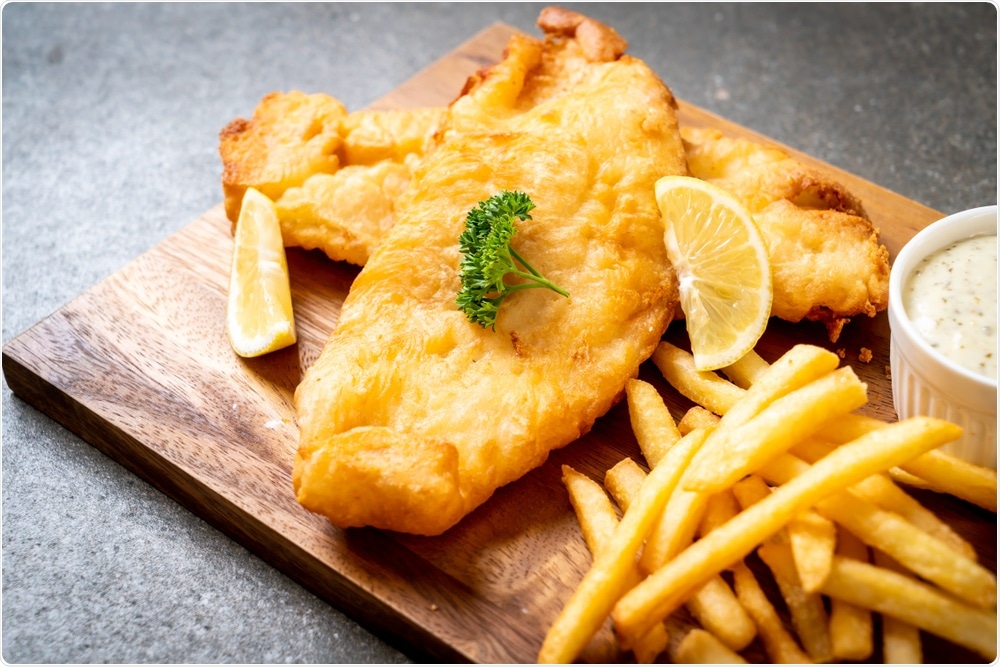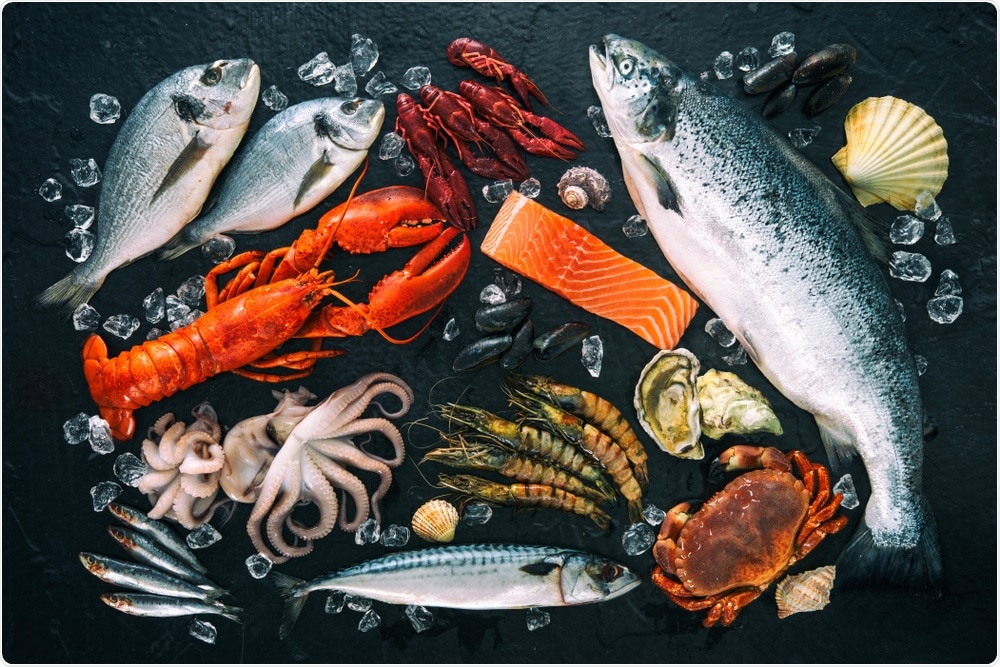Leslie Roberson from the University of Queensland speaks to AZoLifeSciences about her research into endangered seafood, and how creating sustainable takeaways could overcome this.
What provoked your research into threatened seafood?
I started my career as a marine biologist researching fishing impacts on big iconic species like sea turtles and dolphins. Through that work, I discovered there are many less attractive species threatened by fishing. Some species of tuna, sea cucumbers or lobsters deserve to be protected just like dolphins or sea turtles, but they are perceived as things we eat and not really as wild animals.
Then, there were a few times I was in restaurants or shops and noticed seafood for sale that I knew was a threatened species, and I was like, "wait a minute - if this is happening in Australia and the US, how much is it happening globally?"
So, I, Dr. Klein, and Professor Watson decided to do a global analysis of fishing and trade of threatened species.
Jellyfish with your chips?
Why are so many species of fish and seafood now endangered?
That is a hard question with a long answer. The short answer is that many fish and seafood species are primarily threatened by too much fishing. There are a lot of other problems too (like climate change and coastal development), but for a lot of species, the fishing pressure is the main thing causing their decline.
Many of the threatened seafood species we found in the catch reports are slow-growing, long-lived, and do not reproduce very quickly. So, it may take 10 years before they are big enough to have babies - that makes the population very vulnerable to intense fishing.
There are also a lot of smaller and fast-growing species on the list, which really shows that we are exerting a ton of fishing pressure on these animals.
Why is seafood not as sustainable as previously thought?
There are still good, sustainable seafood choices available, but a lot of the species we eat are very overfished. It comes down to a lack of regulation and enforcement, but a big thing is that in many cases we are not being careful enough about how much fish we are taking out of the ocean.
It is really hard to count fish (trust me, that was my master’s research project) and it is hard to predict how many, say, sardines will be in the Mediterranean Sea next year, or in 5 years. So, we need to be more cautious in managing a lot of our fisheries.
There is a quote I like from a fisheries scientist named John Shepherd: "Managing fisheries is hard: it is like managing a forest, in which the trees are invisible and keep moving around."
What are the benefits of embracing different types of seafood that can be caught sustainably?
There are a lot of good seafood options out there. By making good choices, you are helping to ensure that your children and grandchildren will be able to eat things like tuna, prawns, and halibut.
You are also helping ensure that the fishermen who use good practices and fish sustainably will still have jobs in the future.

Image Credit: gowithstock/Shutterstock.com
How can people make changes to their diet to eat more conservatively?
When you are buying seafood, you need three pieces of information to make a good choice: you need to know what species it is (so albacore, not just tuna), where it was caught (e.g. North Sea), and how it was caught (e.g. pole and line, purse seine, trawl).
Most countries or regions have a sustainable seafood guide that lists which seafood options are the best choice. There are also some global ecolabels like the MSC (Marine Stewardship Council) that are a good place to start.
It can be really hard to find the answers to those 3 questions - your waiter might honestly not know, because the seafood was not labeled when it got to the restaurant. But by asking, you can start pressuring the whole industry to change. And if you cannot figure out what you are eating, it is best to avoid it!
Do you believe that if the seafood industry was more regulated, we could help to protect more endangered species from going extinct?
Yes. Many parts of the seafood supply chain are very poorly regulated. For example, there are almost no laws on the High Seas (the open ocean outside of nations' territorial waters). That allows a lot of dodgy activities to take place. Some species are not regulated at all because they are not the main "target" catch, but they still get caught a lot and it might not even get recorded.
We need way better records of what we are catching and where it is going, so we can figure out what species are in trouble and what to do about it. While it can be hard to trace an animal from the ocean to your plate (especially if it is imported from another country), we do have the technologies available that make this possible (like blockchain, electronic monitoring, AI, big data technologies, QR codes, etc).
What could happen if no changes are made?
We are going to see seafood species go extinct if we do not make changes. It will happen first to species that have small ranges (for example, sturgeons that live in certain rivers, totoaba in the Gulf of California, groupers living on coral reefs).
Many species might not go completely extinct, but they will go "functionally extinct", which means there are so few that you cannot really find them anymore and there are not enough of them to breed enough for the species to ever recover. We have already done that to some populations of seafood species.

Image Credit: Alexander Raths/Shutterstock.com
What are the next steps in your research into sustainability?
This project was very much a first step, looking at this question at a global level. The next steps are to go deeper into what is happening in certain countries of interest and to certain types of seafood we are particularly worried about and to start looking at solutions.
There is some great research going on about how to improve seafood sustainability - we need to do more work on what works and does not work in different situations.
Where can readers find more information?
About Leslie Roberson
Leslie is a Ph.D. Candidate in the School of Earth and Environmental Sciences at the University of Queensland in Australia. She has a Bachelor's in Environmental Studies from Yale University and a Masters in Applied Marine Science from the University of Cape Town.
She has been lucky to work on several conservation and resource management projects in Latin America, the Caribbean, South Africa, West Africa, and now Australia. Her current research is inspired by a need to bridge fisheries management and marine conservation to make seafood more sustainable and have a healthier ocean in the future.